agnosticism (n)
/æɡˈnɑː.stəˌsɪzəm/
thuyết Bất Khả Tri
a believes that it is not possible to know whether God exists or not

animism (n)
/ˈæn.ɪ.mɪ.zəm/
thuyết Vạn Vật Hữu Linh
the belief that all natural things, such as plants, animals, rocks, and thunder, have spirits and can influence human events
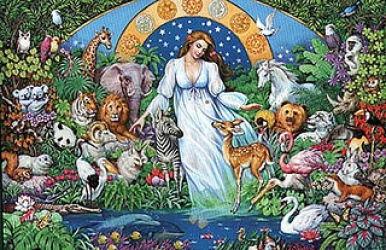
be inclined to (phrase)
/bi ɪnˈklaɪnd tu/
thiên về xu hướng muốn
to have an opinion about something, but not a strong opinion

ecclesiastical (a)
/ɪˌkli·ziˈæs·tɪ·kəl/
(thuộc) giáo hội
belonging to or connected with the Christian religion
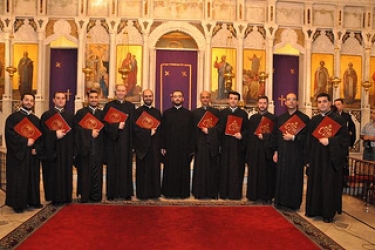
exalt (v)
/ɪɡˈzɔlt/
ca ngợi, tán dương
to praise someone a lot, or to raise someone to a higher rank or more powerful position

pious (a)
/ˈpɑɪ·əs/
sùng đạo
strongly believing in God or a particular religion, and living in a way that shows this belief
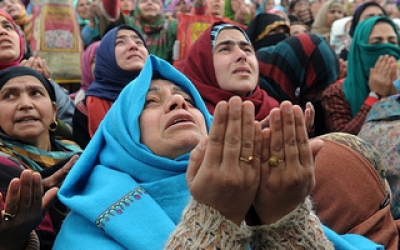
orthodox (a)
/ˈɔr·θəˌdɑks/
chính thống
(of beliefs, ideas, or activities) following generally accepted beliefs or standards

patriarch (n)
/ˈpeɪ·triˌɑrk/
Vị Thượng Phụ
the title of a most senior bishop (= a senior priest) in the Orthodox or Roman Catholic Church

pilgrimage (n)
/ˈpɪl·ɡrə·mɪdʒ/
đihành hương
a trip, often a long one, made to a holy place for religious reasons
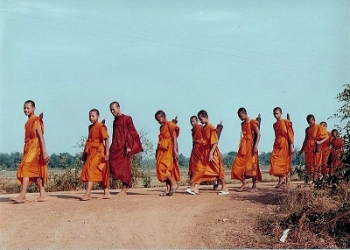
coexist (v)
/ˌkoʊ·ɪɡˈzɪst/
sống chung, cùng tồn tại
to live or exist together at the same time or in the same place

Christianity (n)
/ˌkrɪstʃiˈænət̮i/
đạo Thiên Chúa
the religion that is based on the teachings of Jesus Christ and the belief that he was the son of God

Judaism (n)
/ˈdʒu·diˌɪz·əm/
đạo Do Thái
the religion of the Jewish people, based mainly on the Bible (= the Christian Old Testament) and the Talmud
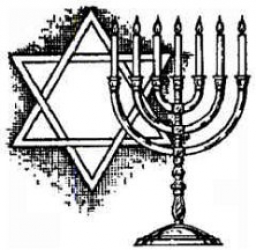














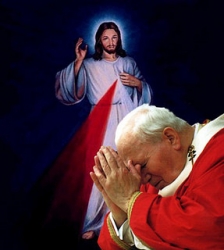
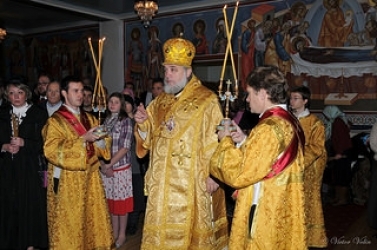
















 Hãy đăng ký thành viên và đăng nhập để sử dụng chức năng này!
Hãy đăng ký thành viên và đăng nhập để sử dụng chức năng này!
Bình luận